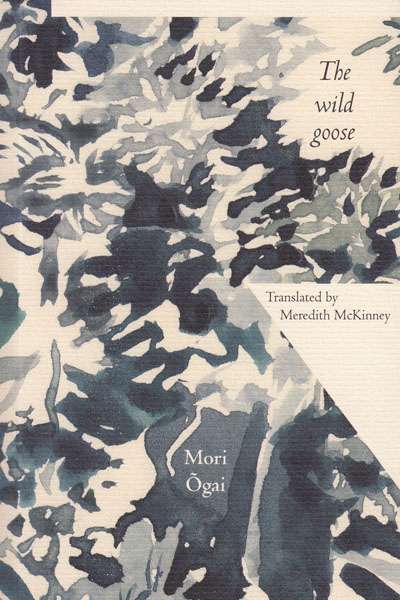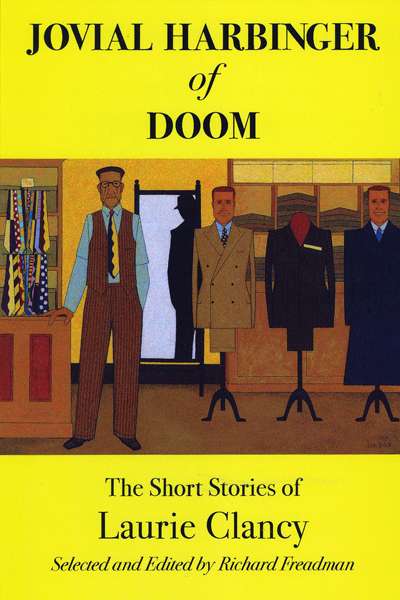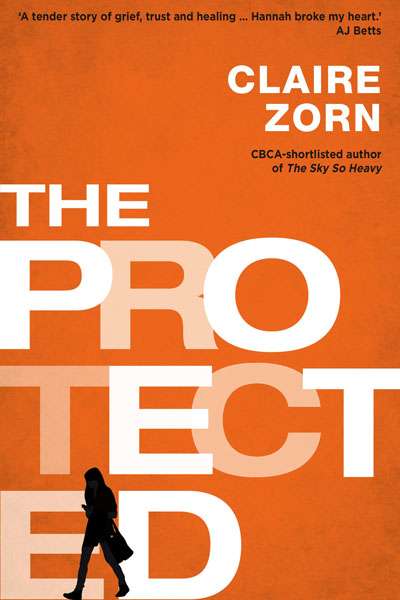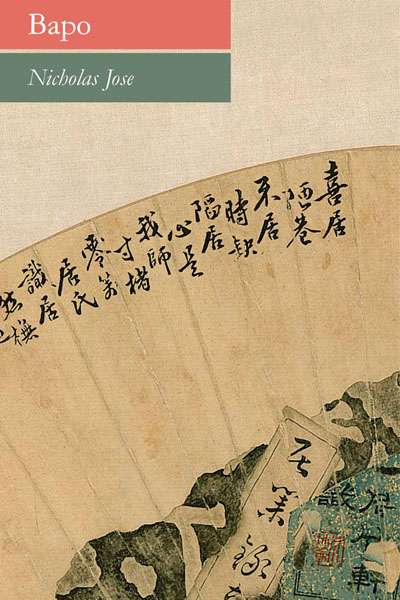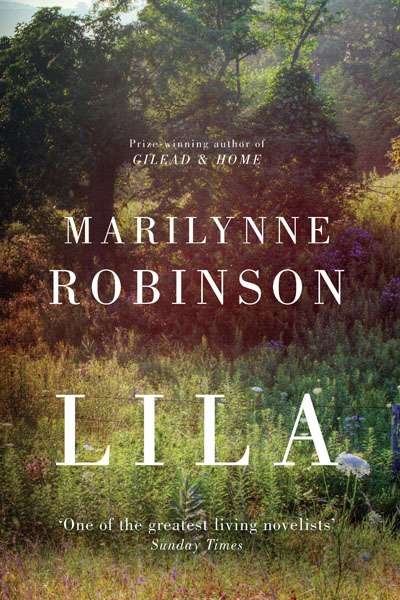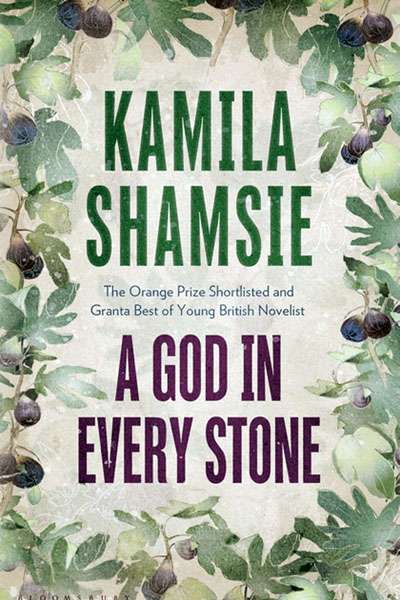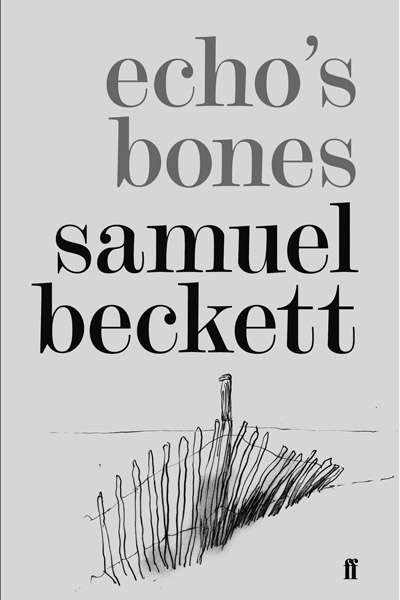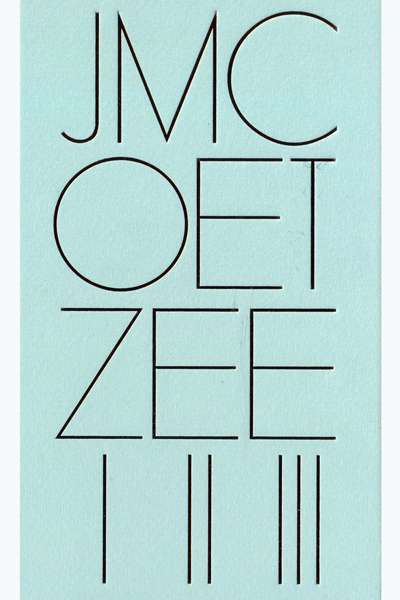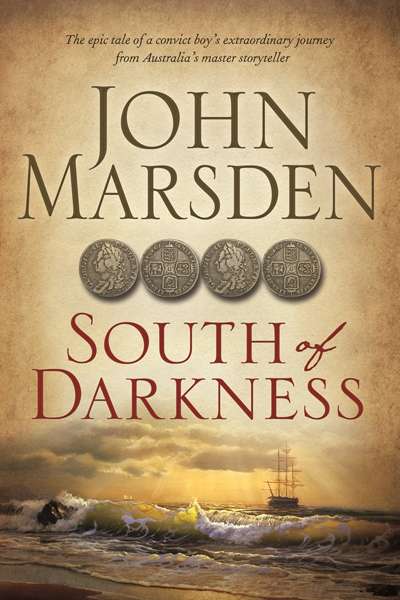Fiction
The Wild Goose by Mori Õgai, translated by Meredith McKinney
Elegantly evoking Japan with cream paper and ink-painted foliage on the cover and inside pages, this slim paperback from the small Braidwood publisher Finlay Lloyd is headed by the single, bold character for ‘wild goose’ (karikarigane). The events recounted in Mori Õgai’s novella occur in Tokyo in the late nineteenth century, in the area north of Kanda around Ueno’s Shinobazu pond, near the residence of the Iwasaki family and the campus of Tokyo Imperial University. A map shows the regular walks taken by Okada, a medical student, along meticulously named streets and lanes, past temples and shrines, restaurants and bookshops, some of which are still there. According to the seasons, the residents in this small area silently change their screens, blinds, and shutters, able to look out while remaining barely visible.
... (read more)Jovial Harbinger of Doom: The Short Stories of Laurie Clancy edited by Richard Freadman
A story called ‘The Burden’, which appears at about the halfway mark of this collection, begins like this: ‘Graham was finding the burden of freedom a little too much for him …’ He is working alone in his room above a Chinese restaurant near the Berkeley campus of the University of California, where he is a visiting Australian Fellow, writing a novel about, it seems, academic life. But the novel isn’t ‘coming along’. He is ‘stuck hopelessly in the middle of a quarrelsome English department meeting from which he couldn’t extricate any of his characters’. He has run out of money and food and is down to his last half gallon of Red Mountain claret. ‘Nothing for it but to do the tourist thing and wander down Telegraph avenue with a camera.’ And so begins his afternoon of boredom, inchoate intentions that evaporate as they arise, and chance meetings. Looking back on it at the end of the day, he decides there was ‘not much to show for it … Or maybe there was something there. He pulled his notebook towards him and began to write, “Graham was finding the burden of freedom a little too much for him …”’
... (read more)Following the success of her first novel, Claire Zorn displays her remarkable talent again in The Protected. Although the books are vastly different (The Sky So Heavy [2013] is a futuristic survival thriller, while The Protected is a coming-of-age story coloured by grief), thematically they have many similarities. Zorn is adept at exploring the challenges and complexities of growing up, and the fallibility of adults.
... (read more)In Charles Simić’s book about Joseph Cornell’s assemblages, Dime-Store Alchemy (1992), he quotes his own translation of Croatian poet Slavko Mihalić to describe Cornell’s sculpture ‘Deserted Perch, 1949’, noting ‘the very tiny crack in which another world begins and ends’. Simićmarvels at this ‘Illusionist art ... sleight of hand’.
In the absorbing introduction to the stories in Bapo, Nicholas Jose describes bāpò as ‘an unusual kind of Chinese painting that tricks the eye into thinking it sees a collage of fragments’. Under the disguise of collection and assembly, the painter’s hand creates a trompe-l’œil of torn, burnt, pasted fragments. Jose describes his version as assemblage, and like Cornell, who reinvented discarded scraps and oddments, he finds in bāpò an ‘aesthetic of illusion and salvage, of creative retrieval’.
... (read more)Lila is the third of Marilynne Robinson’s novels to take the small Iowan town of Gilead as its setting. It follows the Pulitzer Prize-winning Gilead (2004) and the Orange Prize-winning Home (2008). Robinson has attributed her earlier return to this fictional territory, and the lives of the Ames and Boughton families, to her unwillingness to bid them farewell at the conclusion of Gilead. We have this same sentiment, perhaps, to thank for Lila, which – while it ultimately leads us back to the world of Reverend John Ames – begins far from Gilead’s quiet streets.
... (read more)A relatively unusual occurrence until recently, the publication of a plethora of new Australian Aboriginal-authored and/or Aboriginal-themed children’s books has begun transforming the Australian publishing landscape. A number of these books, like Rhoda Lalara and Alfred Lalara’s charmingly evocative Yirruwa Yirrilikenuma-langwa (When We Go Walkabout: Allen & Unwin, $24.99 hb, 32 pp, 9781743314562), are rendered bilingually, in the latter case in Anindilyakwa, the mother tongue of the majority of Groote Eylandt residents, as well as in English.
... (read more)In 515 bce, Scylax, explorer and storyteller, sets sail from Caspatyrus in King Darius’s empire. Eclipsing time, this antique glimpse shifts to an archaeological dig in Turkey in 1914, one that is abandoned when war breaks out.In the service of ‘king and country’, lives change immeasurably. Vivian Rose Spencer exchanges archaeology for nursing wounded soldiers in London hospitals. Qayyum Gul is a non-commissioned officer in a British Army regiment, the 40th Pathans. He loses an eye at Ypres and is invalided home to Peshawar, Caspatyrus’s modern incarnation.
... (read more)It is a theatrical truism that Samuel Beckett remains good box office: the Sydney Theatre Company recently announced its intention to take the 2013 production of Waiting for Godot to the Barbican in 2015, with the original cast. Another truism – adapted from a remark once made by Edward Albee – is that at any moment a Beckett production occurs somewhere in the world. The centenary of his birth in 2006 gave renewed focus to this sustained interest in Beckett’s work, but the Blue Angel/Gate Theatre Beckett on Film Project of 2001 and James Knowlson’s authorised biography of 1996, Damned to Fame, helped set the tone for this new wave of popularity.
... (read more)Each fiction in this small but handsome volume emerges from an interesting, perhaps even ‘transitional’ phase in J.M. Coetzee’s writing life: between the publication of Disgrace (1999) and Slow Man (2005); before and after receiving the Nobel Prize for Literature in 2003. The first story in the collection also predates Coetzee’s move to Adelaide in 2002, as does, presumably, the composition of the second (whose protagonist laments the corporatisation of rural South Africa, declaring, ‘I want nothing to do with it’); the third story was presented and published as Coetzee’s Nobel Lecture.
... (read more)It is sobering to think that the thousands of teenagers who in 1987 eagerly devoured John Marsden’s first novel, So Much To Tell You, and sent it and the author spinning into bestsellerdom are now in their forties – and as such, the target readership for his first adult novel, South of Darkness, a transportation saga that covers some familiar ground with a light tread.
... (read more)

